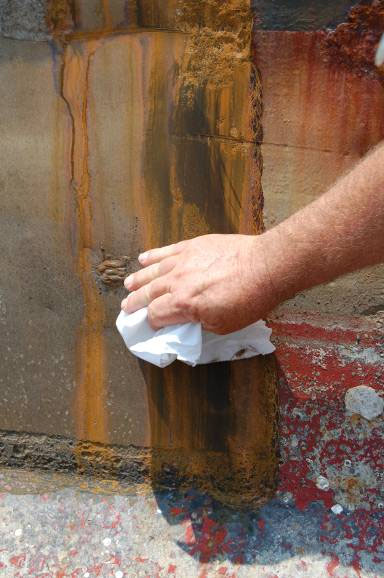Sometimes we need to put history in perspective. I was around for the early digital computer revolution, having grown up in an age that found analog computers quite satisfactory for a number of applications like fire control on gun turrets. Lest we think that many terms and expression we use today have been around for a really long time, I reference Orin Hargraves, an expert that writes excellent articles for the Visual Thesaurus Magazine. Mr. Hargraves gives me a certain sense of satisfaction when I realize that we were around to help create or at least recognize a new language at its moment of birth.
“You may not think of 1960 as being quite in the digital age, but there were signs that it was coming. Mag tape makes its first print appearance in 1960, as does software, according to the OED (though Merriam-Webster claims to have a citation from 1958). The OED also dates both computerese and computerize to 1960; M-W, again, claims a slightly earlier appearance for the verb. The mainframe was still a few years away and the personal computer may not even have been a twinkle in its inventor’s eye at this point, but bionics, COBOL, and magnetic disk all first enjoyed the limelight of the printed word in 1960.”
I was most surprised by the word software, though I suppose it had been a term bandied about as slang at least a little while before it appeared in print. I seem to recall that we thought of punched paper tape feeding instructions into the machine at ten bytes per second as soft ware ( two words). After all, the soft paper was always tearing and we had to continually patch it with Scotch Tape. We also had kooks rather than geeks. Anyone who was certifiably eccentric or admitted to being a mathematician was treated to mild contempt from a general public who thought that My Friend Irma was better than Shakespeare.
The bit about slang intrigued me. In an age in which Lucy and Ricky couldn’t be shown in a bedroom unless there were twin beds, I suppose new slang that would get past the censors was necessary. Here is some of what Mr. Hargraves had to say.
“Perhaps the most interesting of the words first appearing in print in 1960 are the slang words. They make a strong argument that in the word world, the conditions of birth play a defining role in one’s future, and that social mobility for words, if it exists, operates on a glacial time scale. New slang words in 1960 are still slang words today: cockamamie, klutz, kook, and the British phrasal verb sod off. To our ear, none of these words sounds either new or ancient today, which is pretty much what you look for in a 50-year-old. Is kook an exception? In our circle it tends to be used much more by the over-70 crowd than the under-30s, and that gives it a bit of an older-generation patina.”
I especially liked sod off, an expression which still finds a lot of play on the BBC where it has grown so mild that it is likely to trip off the tongue of a ten-year-old who is irritated with his mom. Oddly enough, I haven’t heard any of my friends in Australia using the term. Maybe they can tell me if there’s a special, down-under substitute.
One thing I promise myself is that I will curb my tendency to use the word kook. I still feel like I’m part of the younger generation.












August 21, 2011 at 9:52 am
:> a hyperlink to this posting was at Themelis Cuiper’s SocialGarden Biz cases about social advertising & PR’s list of recommended blogs – you are doing an exceptional job as he provides a hyper link to you.